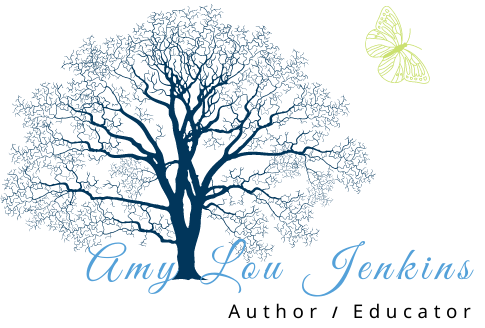
Copyright Basics for Your Self-Published Book
Benefits of Registering a Copyright:
Although your work is automatically protected by copyright upon creation, registering your copyright with the appropriate governmental authority offers significant advantages. In the United States, the U.S. Copyright Office handles copyright registrations. Registering your copyright provides a public record of your ownership and strengthens your legal position in case of infringement.
To register a copyright, you’ll need to submit an application, a filing fee, and a copy of your book. The U.S. Copyright Office website (copyright.gov/registration) provides detailed instructions and resources to assist you through the process for protection in the USA. Remember to keep in mind that copyright laws may vary depending on your country, so it’s essential to research the specific regulations relevant to your jurisdiction. The Copyright.gov site offers instructions and videos and online registration. While the site is understandable, it is written in the usual government language, so bring your patience.
Protective Measures When Publishing:
Publishing your book can introduce additional safeguards for your copyright. Here are a few practices that can enhance your protection:
- Utilize Copyright Notices: Including a copyright notice in your book’s front matter serves as a simple but effective way to indicate your ownership and provide a clear warning against unauthorized use. The copyright notice typically consists of the copyright symbol (©), the year of first publication, and your name.
- Choose the Right License: You may consider releasing your work under a Creative Commons license, which allows you to retain certain rights while granting others the ability to use your work under specific conditions. This approach provides control over how your work is shared, according to your desired level of protection. This kind of copyright is for those who want their work shared without compensation for certain situations.
The Myth of Mailing Yourself a Copy:
A common misconception among self-published authors is that mailing a copy of their manuscript to themselves can serve as proof of copyright ownership. This practice, often referred to as “poor man’s copyright,” involves sending a self-addressed, sealed envelope containing the work to obtain a postmark as evidence of the date of creation.
Mailing yourself a copy of your work does not provide any legal protection. This method is considered insufficient and unreliable in a court of law. It is advisable to rely on proper copyright registration and documentation to establish a strong legal foundation for your book’s protection.
Decide your copyright path
Registering your copyright is a wise step to take to safeguard against future infringement problems. The process is not only affordable but also straightforward. You can register your copyright at copyright.gov for a registration fee of $35 at the time we researched these facts about copyright basics.
Copyright your self-published book to protect your rights. Copyright is granted at creation, registering it increases your legal protection. Incorporating copyright notices and choosing appropriate licenses when publishing can further enhance your protection. Official copyright registration is more reliable than mailing a copy to yourself. If you would not likely sue someone for misappropriating your work, you may not need to register your copyright. What has your experience been with copyrighting your book? Share below.










